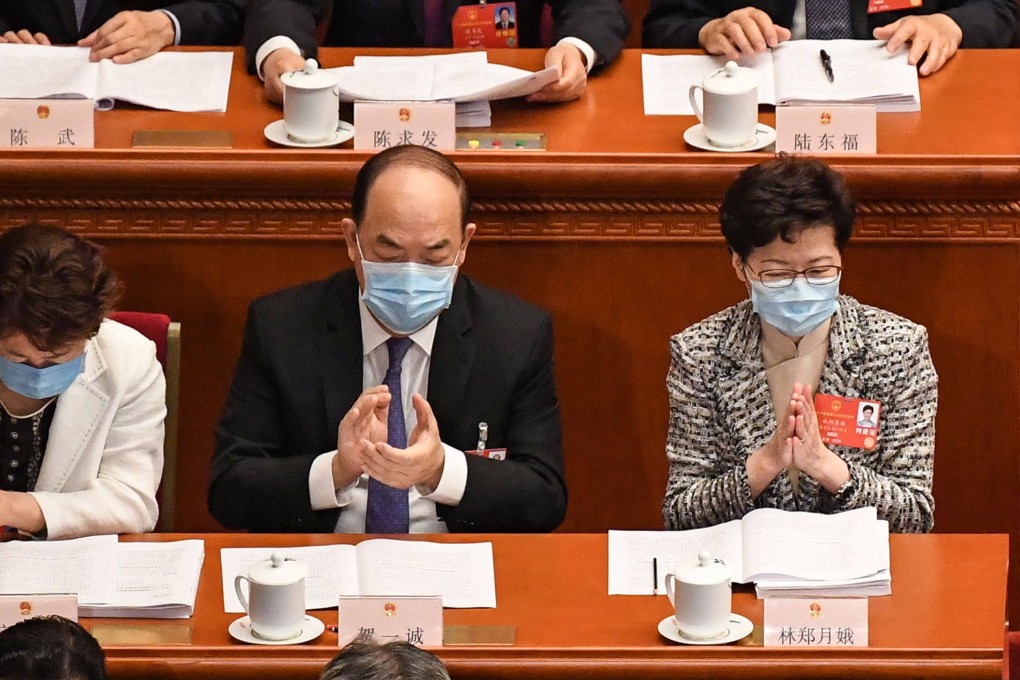Advertisement
Opinion | Living with Covid-19: is Macau working with Hong Kong to reopen borders?
- Macau’s requirement that Hong Kong must see 28 consecutive days of no infection – up from 14 days – before it would consider resuming cross-border travel is excessive
- Both SARs should be working together to ease restrictions so their economies could recover
Reading Time:3 minutes
Why you can trust SCMP
1

Just days after Chief Executive Carrie Lam Cheng Yuet-ngor announced that her administration had initiated talks to reopen its borders with Macau, following a 14-day streak of no local infections in Hong Kong, the first local case of the Delta variant was reported. Accordingly, any plans to resume travel have been pushed back.
The same happened with the proposed air-travel bubble with Singapore, which was put on hold at the last minute not once but twice. The bubble agreement required much effort and goodwill from both governments, yet the flights that were first expected to take off last November remain grounded.
We are not the only ones struggling with reopening. England, which had very encouraging infection numbers and vaccine uptake heading into its scheduled reopening on June 21, has had to delay lifting restrictions for a month due to a surge in Delta variant infections.
Advertisement
Closer to home, Dongguan is the latest city in Guangdong province to be hit by the Delta variant. Citywide mass testing was carried out there last week. The mainland has adopted one of the most stringent regimes for Covid-19 border restrictions and health controls, yet it hasn’t been infection-proof.
The idea that we can be sealed off completely from the virus if we isolate ourselves is fanciful at best. And that’s why Singapore is wise to recognise that Covid-19 may never go away and is preparing to live with it as an endemic.
Advertisement
Macau, a stone’s throw away, is sticking to its isolation playbook. There is no doubt it has done an incredible job – it has had only 53 Covid-19 infections and zero deaths, so has got many things right.
Advertisement
Select Voice
Choose your listening speed
Get through articles 2x faster
1.25x
250 WPM
Slow
Average
Fast
1.25x

